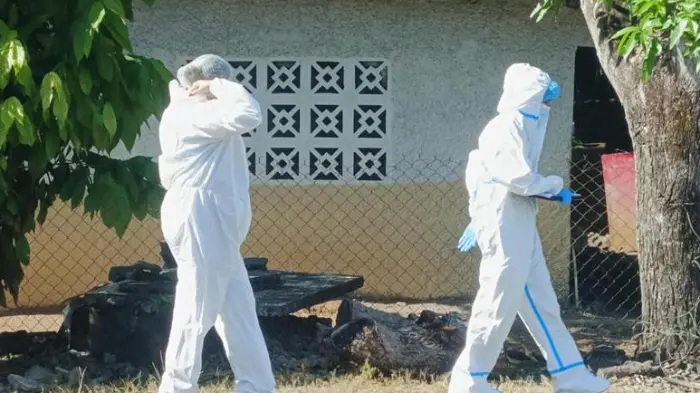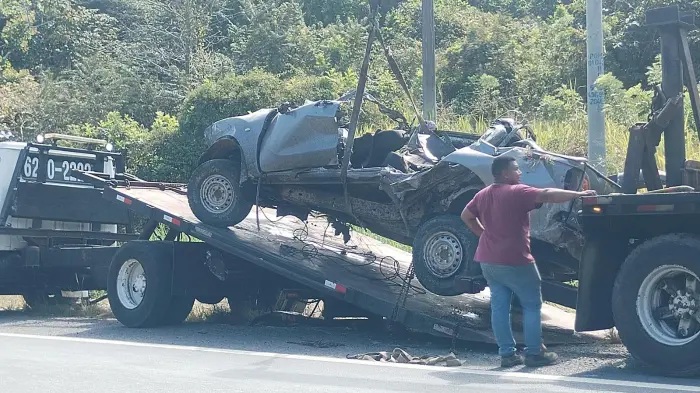Panamanian speaks for disabled veterans

 With the scandal of disabled veterans dying before they get treatment in the U.S. still reverberating, a Panama born author’s book chronicling stories of veterans from many conflicts is a timely reminder of how quickly the public conscience disappears.
With the scandal of disabled veterans dying before they get treatment in the U.S. still reverberating, a Panama born author’s book chronicling stories of veterans from many conflicts is a timely reminder of how quickly the public conscience disappears.
Miguel Reece who is a veteran with 30 years of service, rising from the ranks to major in the U.S. Air Force has written a book which is not about the author.and not about the battle. It is about members of the military who are now disabled veterans. Their memories are about some of the most legendary battles as well as their own private struggles. The recollections of these veterans cover an array of experiences around the world-one of the first female pilots in the U.S. Army Air Corps; a survivor of the Bataan Death March; POWs from WWII and Korea; an Ohio National Guardsman at Kent State; survivors, fighters, and servicemen from Pearl Harbor, Koream Vietnam, Iraq, and Afghanistan.
Their families share their of service as well as their frustration and disappointment with the VA bureaucracy or lack of information-sharing practices about their entitled benefits.
The efforts of caregivers in enabling their veterans to have the best quality of life possible-spouses, mothers, children, guardians/fiduciaries, healthcare professionals, and the grandmother who had both her son and granddaughter deployed-speak volumes of their commitment and sacrifices. The collection of their stories is the author's continued privilege of serving the veterans he served with.
Miguel Reece is a military veteran after more than 30 years service and an additional ten years with the Department of Veterans Affairs. He served in Vietnam and went on to support Desert Storm, was an Administrator on the State Department-Sponsored Humanitarian and Civic Action Mission to Jordan, was the Support Commander of the Field Integration of the Air Transportable Hospital deployed to Cairo, Egypt, in "Bright Star," and served on the Stabilization Team, with the Expeditionary Medical Forces, in the Balkans. These experiences have provided Miguel with a holistic regard for the honor and veneration which the veterans of the United States Armed Forces and families merit.
Retirement posed new challenges for Miguel, after thirty years in the United States Air Force, having lived in or visited twenty-nine countries in the world. While waiting the rating decision for the service-connected disabilities he had applied for prior to his retirement. the AMVETS veterans service representative who had been assisting him with his claim suggested that Miguel apply for employment with the Department of Veterans Affairs.
From the visits he made to veterans and their families sprang the book. Whether you think the conflicts they fought in were misplaced political adventures or a boost for democracy, the stories they have to tell are gripping … Lest we forget.





